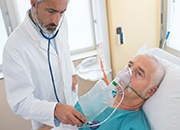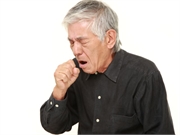
About 1 in 5 people worldwide has a least one underlying health condition that puts them at increased risk of severe COVID-19 illness, researchers say. While the analysis of data from 188 countries suggests that 22% of the world’s population, or 1.7 billion people, might need additional protective measures, not all people with underlying conditions… read on >






























